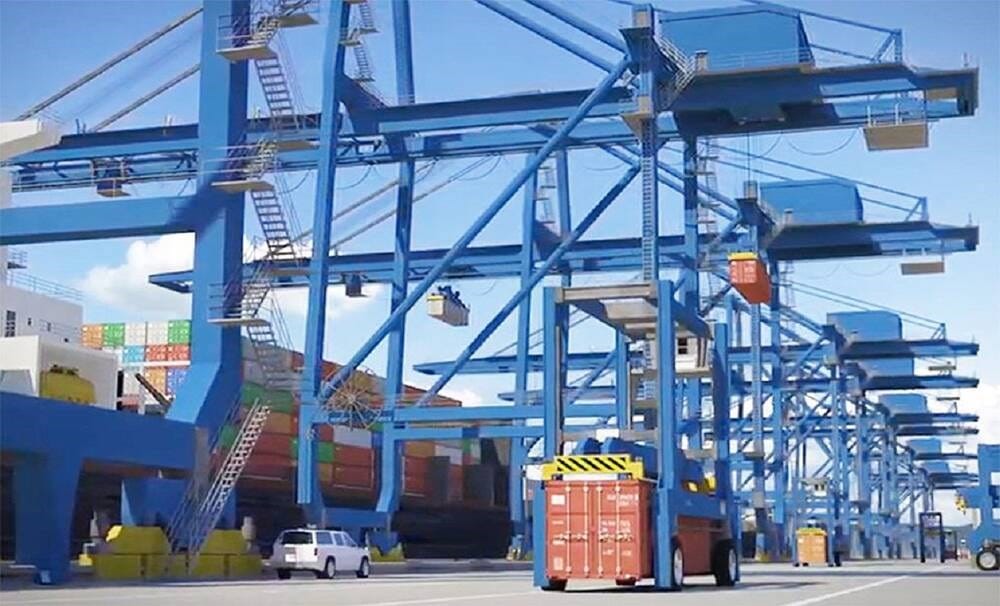Despite Trump tariff war, Deltaport expansion years away
Trade War Delays Roberts Bank Expansion Plans

The proposed expansion of the Roberts Bank Terminal 2 (RBT2) project is facing significant delays as final approvals remain pending amid ongoing trade tensions between the U.S. and Canada. Despite the Port of Vancouver’s record cargo volumes in 2024, the construction of RBT2, which promises to enhance Canada’s trade capacity, is not expected to commence until 2028 at the earliest.
Roberts Bank Terminal 2: A Crucial Yet Delayed Project
The Roberts Bank Terminal 2 project aims to significantly increase the container capacity at the Deltaport facility by 50%, adding 2.4 million TEUs (twenty-foot equivalent units) annually. This expansion is crucial for Canada’s trade diversification, especially in light of the current geopolitical climate. Peter Xotta, president and CEO of the Vancouver Fraser Port Authority (VFPA), emphasized the importance of investing in infrastructure to bolster Canada’s position as a trading nation.
The project has faced a lengthy approval process, with the federal government granting initial approval in 2023 after extensive reviews. A provincial endorsement followed, but the final green light from the Department of Fisheries and Oceans is still awaited. The port authority submitted a Fisheries Act Authorization compliant with the Species at Risk Act in October 2024, which is a critical step toward final investment decisions. Xotta indicated that construction is now projected to begin in 2028, with operations expected to commence in the mid-2030s.
The economic benefits of the RBT2 project are substantial, promising over 18,000 jobs during construction and more than 17,300 ongoing positions once operational. Additionally, it is projected to contribute approximately $3 billion to Canada’s GDP annually and generate $631 million in tax revenue to support public services. However, the ongoing delays raise concerns about Canada’s ability to enhance its trade capacity in a timely manner.
Infrastructure Developments and Community Contributions
In conjunction with the RBT2 expansion, the VFPA is also focusing on improving infrastructure to support increased trade volumes. Xotta noted that many necessary road and rail projects have already been completed, particularly in the Roberts Bank rail corridor. These improvements are designed to accommodate the anticipated growth in cargo traffic, including a recent $18 million investment in a truck staging area to manage increased truck volumes heading to the port.
India to impose up to 30 per cent tariffs on some steel imports from China, Vietnam
Moreover, the VFPA has committed to a community amenity contribution of approximately $6 million, aimed at benefiting local students and community groups. This funding will be distributed through a community fund, community grants, and an education fund, with the first round expected to launch in the upcoming spring and summer.
While the port authority has explored the feasibility of establishing a new cruise ship terminal in Delta, it has decided to focus on enhancing the existing Canada Place terminal instead. The decision follows a thorough analysis of potential sites, which concluded that Canada Place remains the best option for supporting Vancouver’s cruise needs. The port authority reported a record 1.33 million passenger visits to Canada Place in 2024, underscoring the terminal’s importance in the region’s cruise industry.
As the RBT2 project continues to navigate its approval process, the VFPA remains committed to enhancing trade infrastructure and supporting local communities, even as the timeline for construction remains uncertain.
